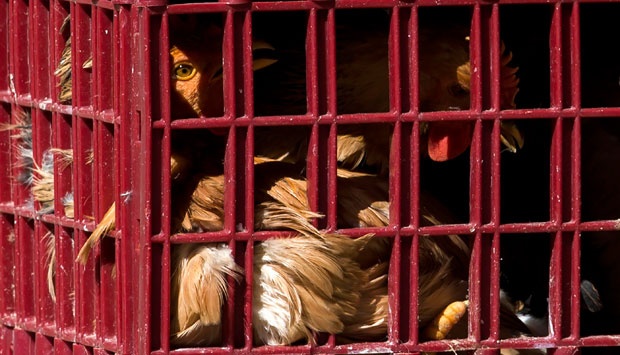
TEMPO.CO, Jakarta - The ruling by the World Trade Organization (WTO) obliging Indonesia to allow the import of poultry products from Brazil should not cause panic. This decision will not automatically lead to a decline in the domestic poultry industry or the markets being flooded with imported chickens. The government can use a number of procedures to protect the domestic poultry industry.
Implementing the WTO ruling is unavoidable. This decision is just the latest by the international body, which also upheld a complaint from Brazil in 2017. Three years ago, Brazil lodged a protest with the WTO because it was unable to export poultry products to Indonesia. Brazil accused Indonesia of preventing the entry of its products. The reason given was that the regulation by the agriculture ministry and the trade ministry on the import of animal products did not include poultry and its derivatives as goods that could be imported. As well as this, Indonesia was accused of preventing imports by imposing a condition, namely that the products must have health and halal (conforming to Islamic law) certification.
The WTO established a panel in 2017, which eventually ruled that a number of Indonesian import regulations violated the General Agreement on Tariffs and Trade. However, the implementation of the case number DS484 ruling did not satisfy Brazil. The world’s largest exporter of poultry took the view that Indonesia had not yet implemented the ruling. For example, the new ministry of agriculture ruling still restricted poultry products from overseas. Last year, Brazil asked the WTO to establish another panel to ensure that Indonesia complied with the 2017 ruling.
Like it or not, the government will now have to change the poultry import regulations. Ignoring this ruling could result in Brazil retaliating against Indonesian products. This retaliation could, for example, take the form of import higher import tariffs on copra, palm oil or automotive components from Indonesia – to name some of the products that Indonesia exports to that nation. This would make Indonesian products less attractive because they would be more expensive. As a result, Indonesia’s trade deficit with Brazil, which stood at US$ 420 million in 2017, would only worsen.
There is a possibility that the changes to these regulations could result in chicken meat and poultry products, particularly from Brazil, flooding Indonesia markets. But there are other policies that could be used to restrict imports, such as increases to import duties for these products. As well as this, the government could use halal certification to limit the chicken meat entering domestic markets. The WTO ruling in case DS484 states that the use of halal labeling is not a violation of the regulations because certificates are applied without discrimination.
We should learn from this loss to Brazil. The government has lost a series of disputes with the WTO. From 2014 to 2018, Indonesia faced eight complaints. Of the four disputes resolved by the panel, Indonesia won only one. Therefore, it is important that Indonesia has representatives that can prove that the policies in question have been properly drawn up.
More than this, the most fundamental requirement is consistency of policy. The government needs to bring to line regulations related to international trade. The defeat to Brazil was not simply because a regulation was seen as being in breach of the rules, but because of contradictory policies. Indonesia did not allow the import of chickens from Brazil, but imports beef from India despite that country not yet being free of foot and mouth disease. It is the weakness in the regulations interpreted as a way to ban Brazilian chickens that provided a window for the complaint.
Read the Complete Story in this Week's Edition of Tempo English Magazine























